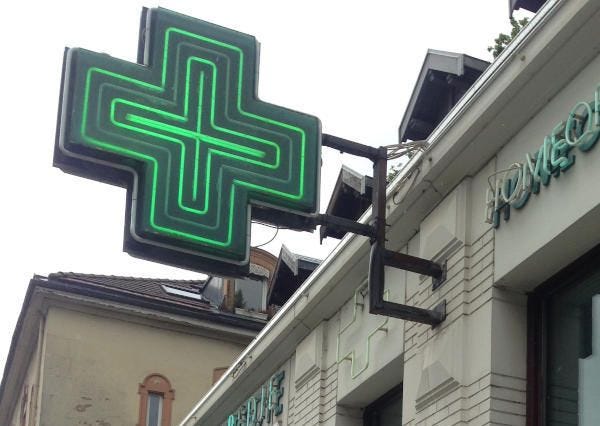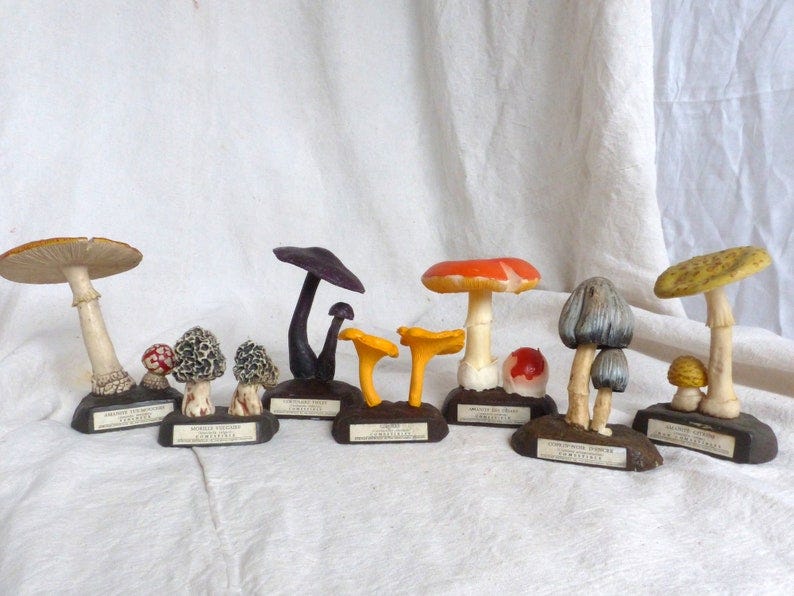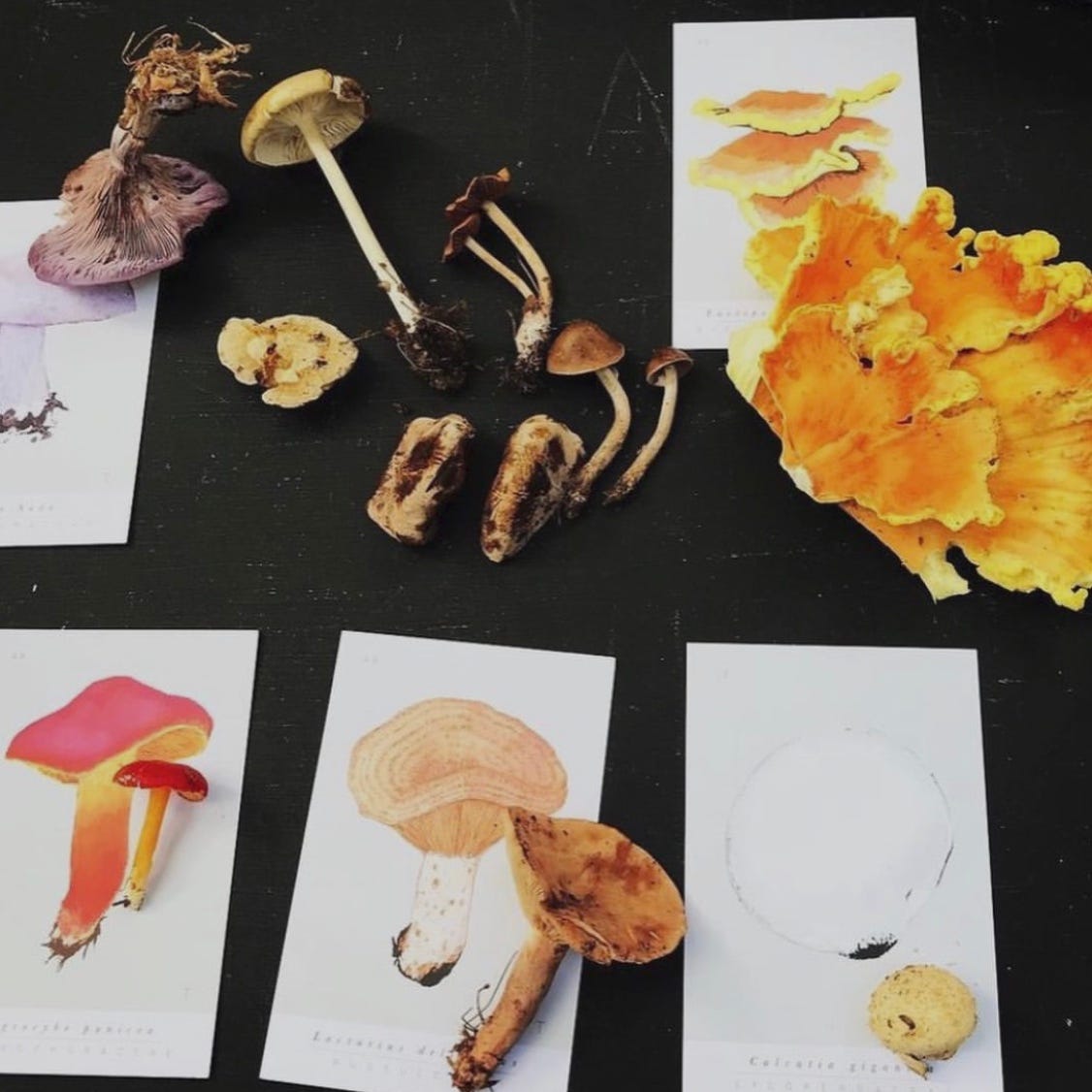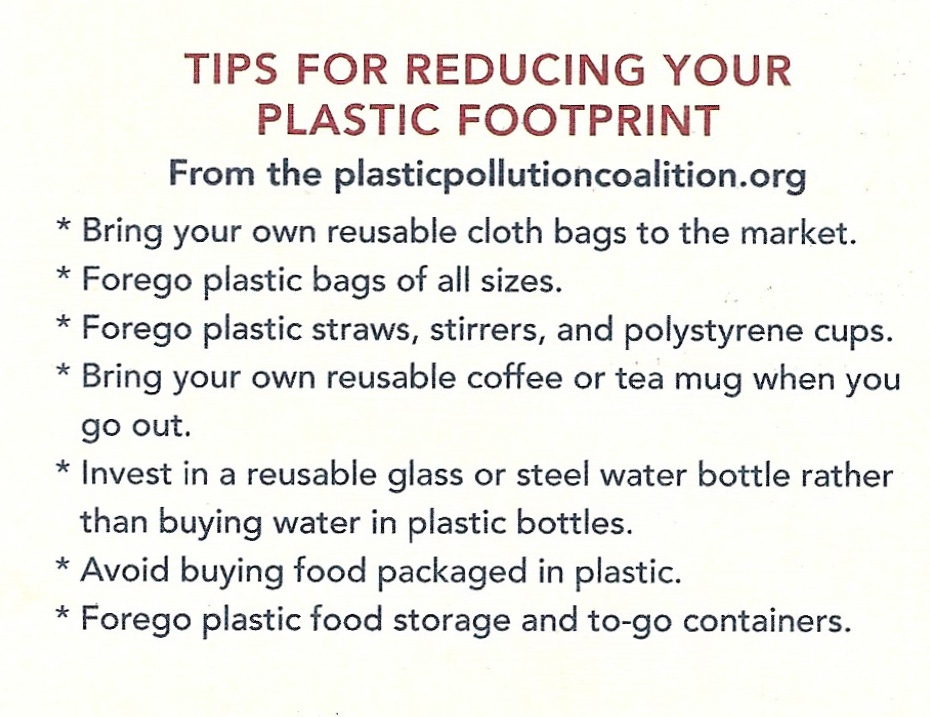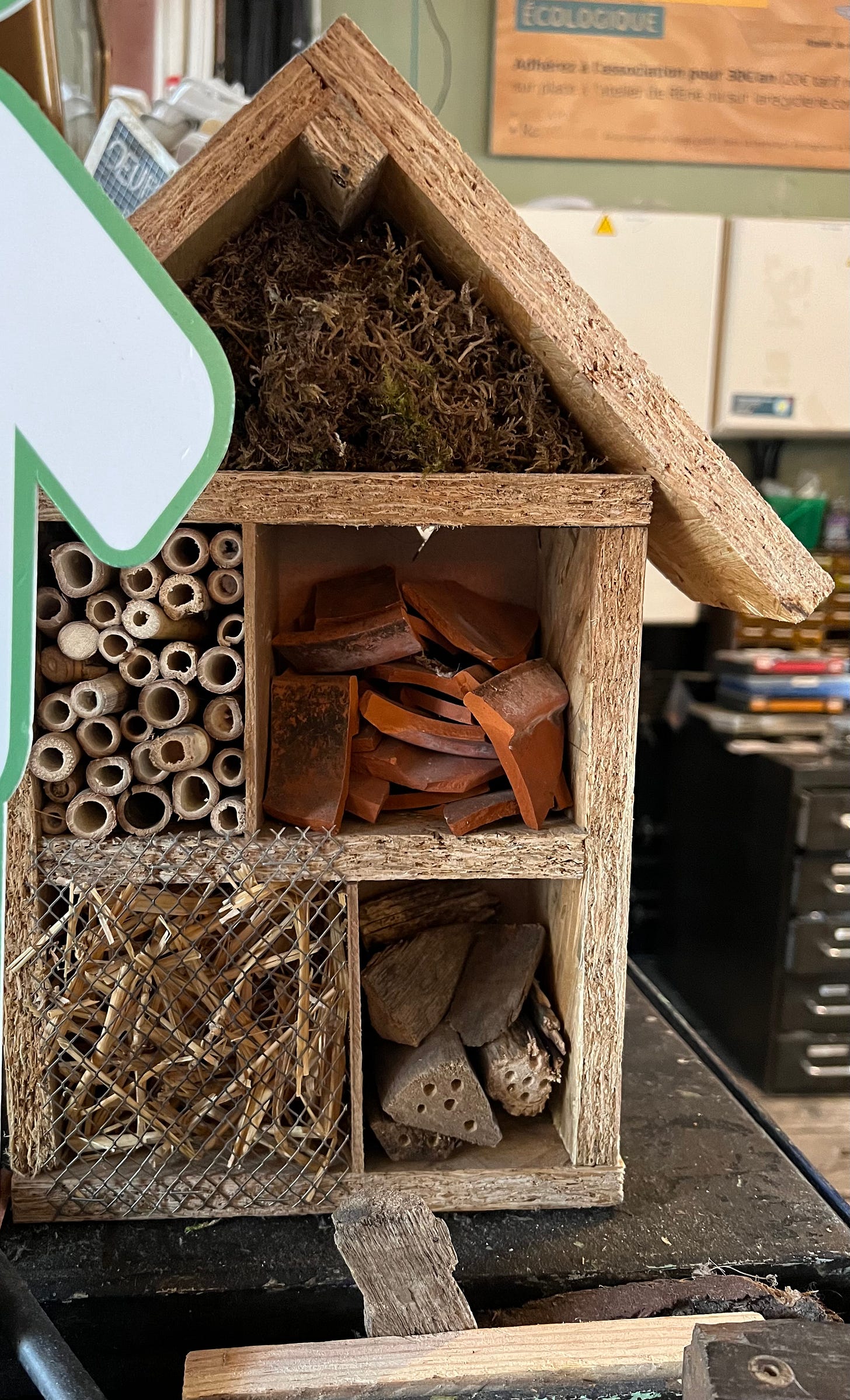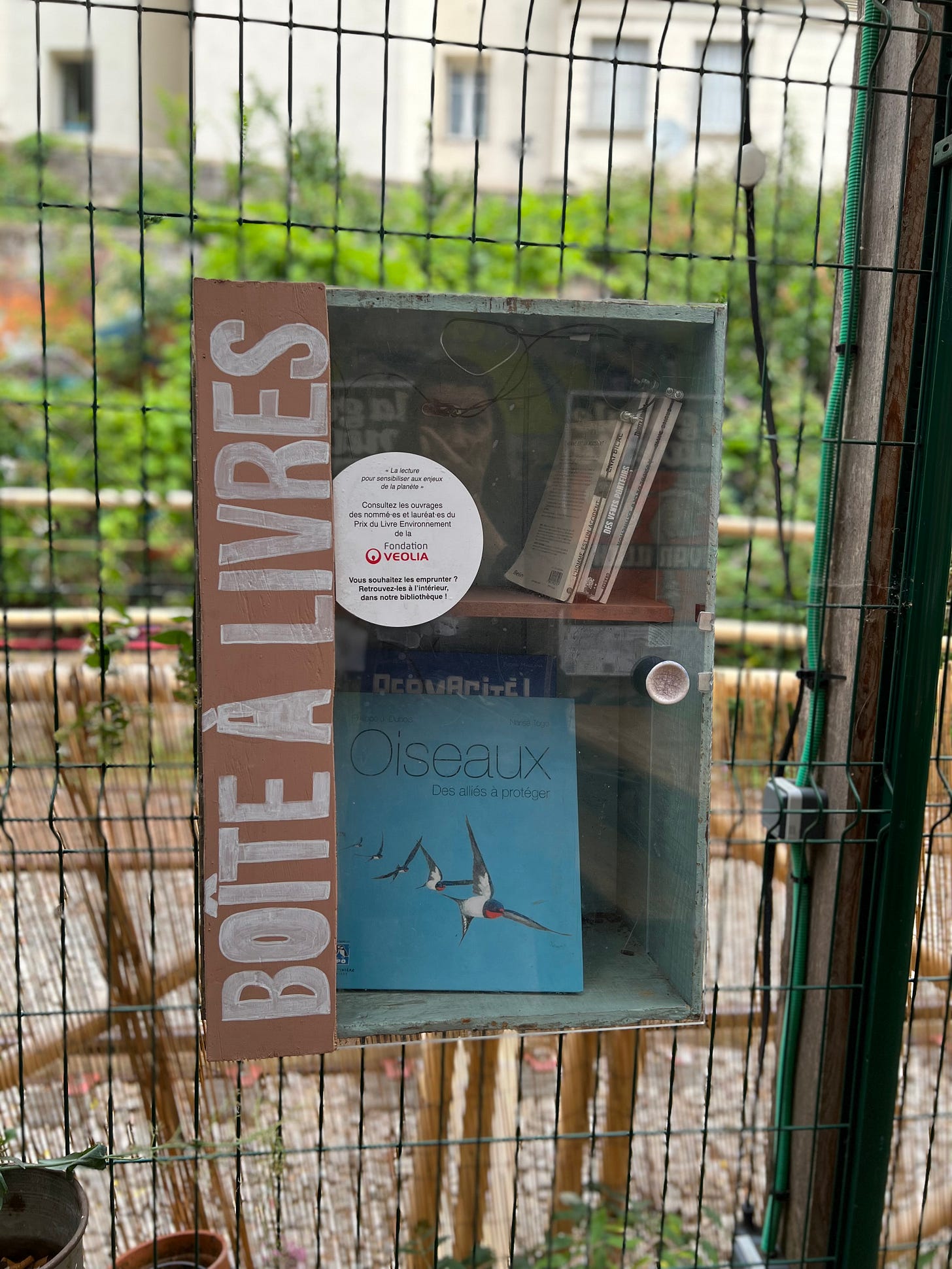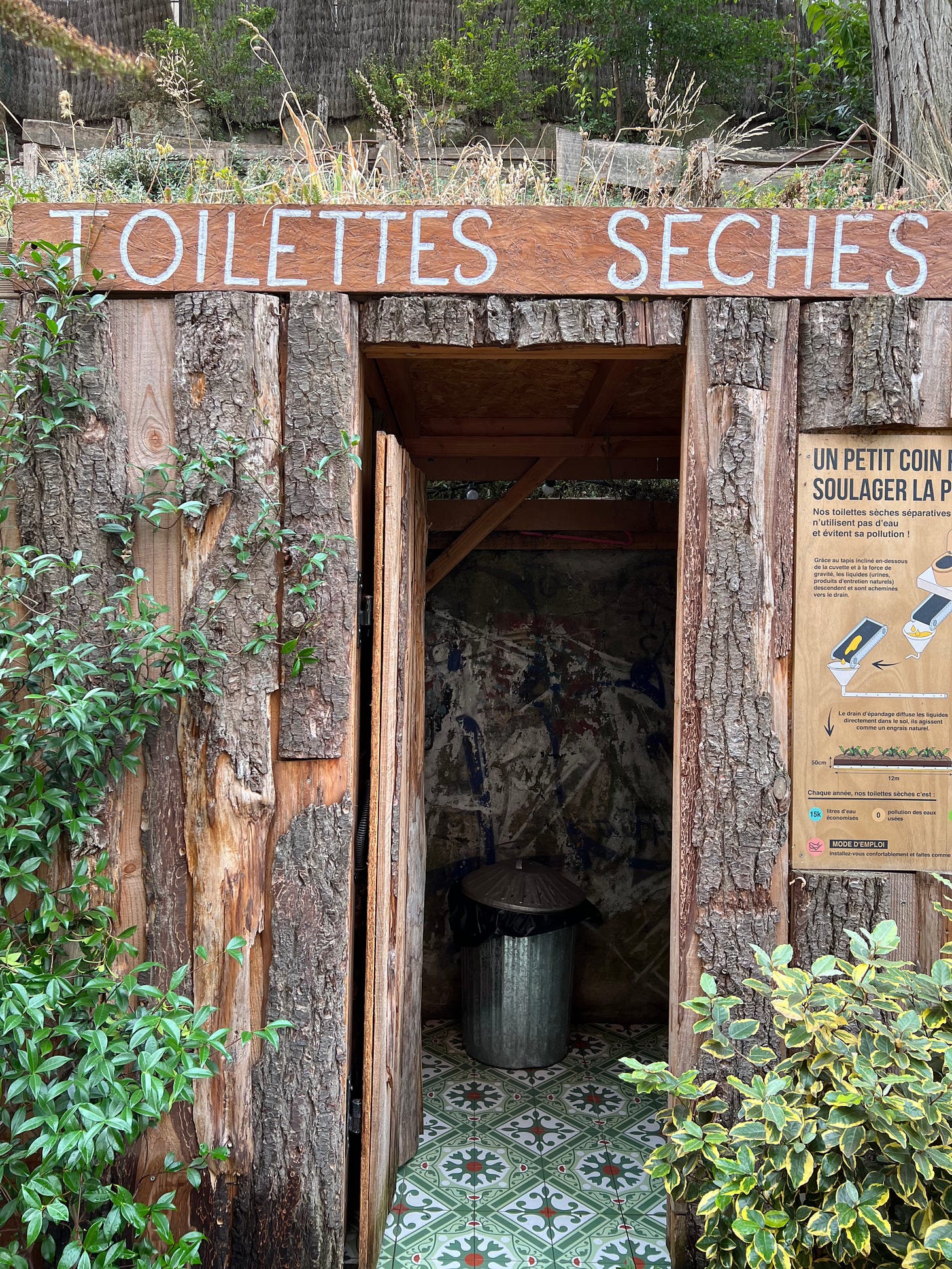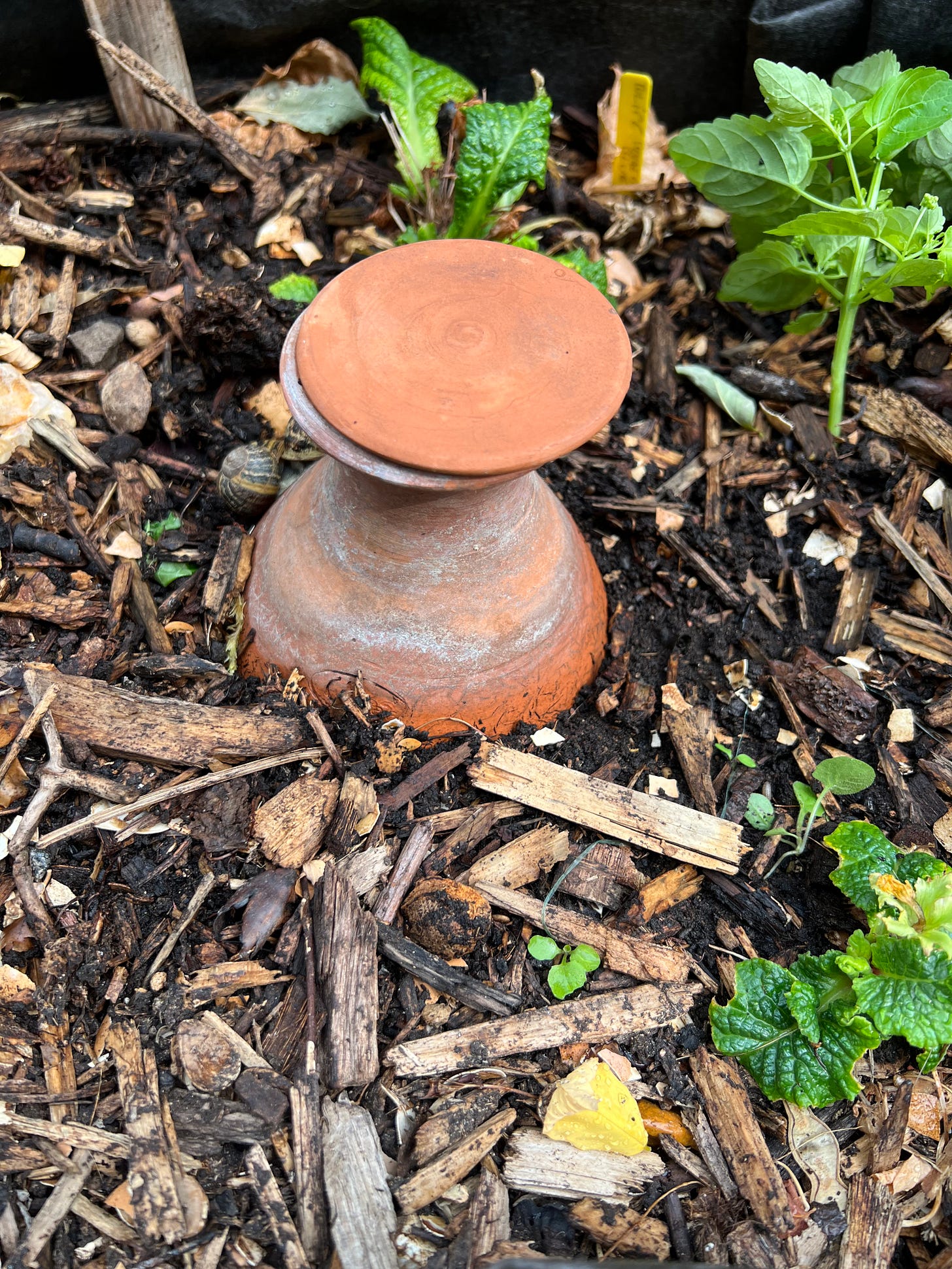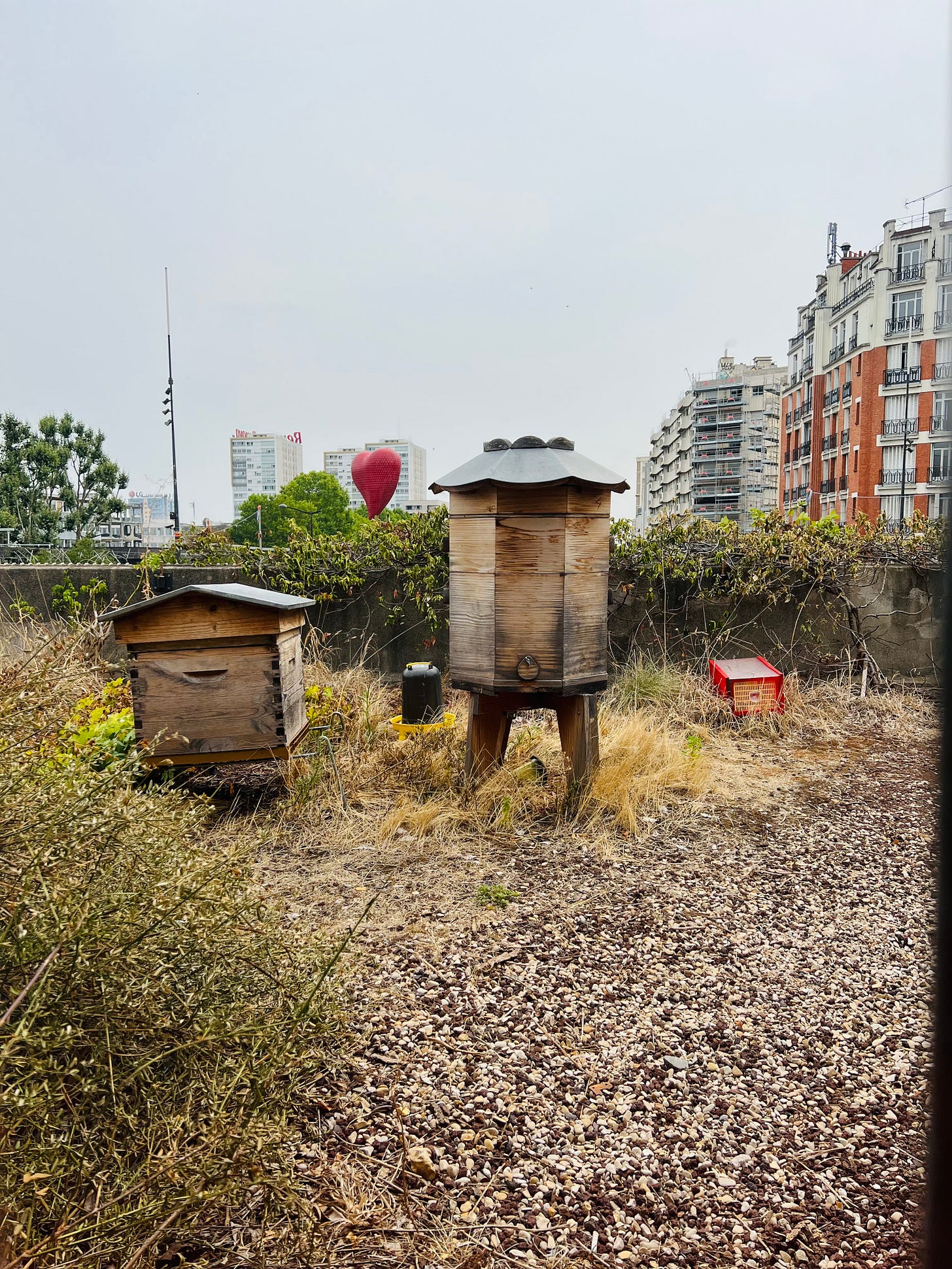Newsletter #16
Hope is important because it can make the present moment less difficult to bear. If we believe that tomorrow will be better, we can bear a hardship today.~ Thich Nhat Hanh
Hello Friends!
Where I live, the weather is finally cooling down and I hope it’s also where you are. It’s a very busy time of year for me from harvesting delicious Tomatoes every day from the garden, collecting and drying Golden Oyster Mushrooms, Mugwort, Okra, Thyme/Sage/Rosemary/Oregano, harvesting wild Clay from the river and Lemon Verbena from my medicinal garden. Seed saving is also full on, as is Harvesting Potatoes, Shishito Peppers, Kale and Chard. I also make sure that the Bird Baths are refreshed daily, as are the Butterfly and Hummingbird Feeders. Wildlife stresses out during heatwaves, so any effort we can make to provide fresh water is most welcome. The fireflies are done for this year, and the field where they danced every night is about to turn yellow blooming Goldenrod. It’s going to be a stunning sight. In this issue, you will learn about Lemon Verbena; a wonderful service that Pharmacies in France provide; Information on foraging for Wild Mushrooms; my visit to La Recyclerie in Paris and a TED talk by someone previously featured in this newsletter. I hope you enjoy reading it, as much as I did writing it!
#1- Lemon Verbena
-lemon verbena tea-
Known for its soothing aroma and bright taste, lemon verbena is a plant that’s commonly enjoyed in teas and as an essential oil. I use it primarily as a tea and grow the plants in my medicinal garden, located at River’s Edge Farm in the Hudson Valley, New York.
Native to South America, the leaves are gathered in mid to late summer.
Lemon verbena contains a variety of plant compounds that provide unique health benefits. It has been used for hundreds of years in traditional medicine systems to treat respiratory conditions, digestive issues, anxiety and insomnia.
Because lemon verbena is rich in antioxidants and anti-inflammatory compounds, it may help reduce inflammation and oxidative stress in your body. Oxidative stress occurs when there is an imbalance between your body’s antioxidant defenses and the production of harmful free radicals. It can lead to cell damage and increased disease risk
When harvesting the leaves, I pick branches to encourage more growth in the plant. I attach them to a wire hanger (reused) using clothespins (reused) and dry them in my studio, where they are out of the sun and in a dry environment. As soon as they are completely dry, which takes a few days, I store the leaves with stems in a glass jar (reused), ready to use when needed.
#2- Pharmacies in France
-wild mushroom foraging in France-
My experience going to a pharmacy in the United States are CVS, Walgreen’s or in the corner of a supermarket chain. Growing up in France, I remember how small and efficient the pharmacies were, with the large green plus sign a beacon of help in every city or small village.
There is a service that many pharmacies in France provide, and which isn’t available in the USA. Did you know, that in France, you can ask your pharmacist to take a look at the mushrooms you just picked in the woods to make sure they are safe to eat.
I find that absolutely amazing and brilliant. Wish the pharmacists could do that in the USA.
Pharmacists know that there are perils to eating wild mushrooms.
Of the 3000 varieties of mushrooms to be found in France only a dozen or so are edible. Every year there are reported to be about 1000 mushroom poisonings, including a small number of fatalities.
Obviously there are books and websites to help you identify your harvest, but as a general rule, if you can’t identify it – don’t eat it! And this is where your local village pharmacist comes in. They are qualified to know which mushrooms to avoid and – free of charge – can check your mushroom collection for poisonous varieties.
A favorite source of mine for properly identifying foraged mushrooms is the Mushrooms ID Kit I offer in my online store. You can choose the cards that identify all the edibles and another kit id’s the deadlies “poisonous.” I have used this set of cards so many times. It’s a game of matching mushroom to its card. It’s fun!
#3-Information About Foraging for Wild Mushrooms
When foraging, certain rules do apply, such as avoiding private property, and you may not be entitled to pick an unlimited amount, or certain type, of mushroom – it’s well worth checking with your local mushroom organization or mycological society about the rules.
Ideally, you want to carry the mushrooms you find in a basket, only pick the ones that are a certain size and best to use a knife to cut the mushroom stem.
One of the key things with mushroom foraging is to leave part of the stem (or stipe) and make sure to leave spores behind, to encourage future growth.
About Eating Mushrooms By Paul Stamets
With the increased use of mushroom products, Paul Stamets , the master mycologist, feels a personal responsibility to inform the public about safety issues regarding mushroom preparations. Misleading marketing causes consumer confusion, risk, and damage to the mushroom industry, which is always under scrutiny.
Should you consume raw mushrooms and/or mushroom mycelium?
1 -No, absolutely not! Raw mushrooms are largely indigestible because of their tough cell walls, mainly composed of chitin.
2- Dr. Andrew Weil advises, in agreement with other experts, that mushrooms must be cooked! “Mushrooms have very tough cell walls and are essentially indigestible if you don't cook them. Thoroughly heating them releases the nutrients they contain, including protein, B vitamins, and minerals, as well as a wide range of novel compounds not found in other foods.”
3- Raw mushrooms and raw mycelium may pose health hazards from harmful pathogens and heat-sensitive toxins—potentially causing red blood cell damage, gastrointestinal irritation and allergic reactions, such as skin rashes
How can one safely use mushrooms?
One again, when consuming edible wild mushrooms, or mushroom products, they should be cooked.
In the woods by my house, I pick only Golden Oyster mushrooms.
They are high in protein and fiber, iron, zinc, potassium, phosphorus & selenium, calcium, folic acid, vitamins B1, B3, B5 & B12 and vitamin C and vitamin D. Recent studies have shown that Oyster mushrooms also have the following medicinal properties: cholesterol lowering, anti-oxidant and anti-cancer
According to Paul Stamets, by drying either Golden Oyster or Shiitake mushrooms in the sun, it increases their Vitamin D potency.
Golden Oysters drying in the sun at River’s Edge Farm, Hudson Valley, NY
Dried Golden Oyster Mushrooms are available for purchase in my online store,
#4- Plastic Pollution Coalition
-working to reduce & rid the world of plastic-
Do you know about the Plastic Pollution Coalition? The PPC is a non-profit communications and advocacy organization that collaborates with an expansive global alliance of organizations, businesses, and individuals to create a more just, equitable, regenerative world free of plastic pollution and its toxic impacts.
Join the movement to stop Plastic Pollution by choosing reusables over plastic bags, bottles and containers.
In 2014, when I was working on my book LOLA Lots Of Love Always, I met with my friend Dianna Cohen, the founder and co-CEO of PPC. In a restaurant we hammered out a list that is in LOLA, on the inside of the back cover. I’m so proud that this list is in my book:
#5- My Visit to La Recyclerie in Paris
In Newsletter #5 (March 1, 2022), I wrote about La Recyclerie in Paris and how I longed to visit it.
I did exactly that this past July and had a great visit. The owners have turned a disused train station into an inspiring beacon of a circular economy for the city of Paris.
My first sight of La Recyclerie. I was so excited to be there!
A repair cafe is installed by the entrance. You can learn how to use a tool(s), get help fixing an appliance or borrow tools.
A small insect house for anyone who has a small garden or terrace garden
Reusable glass water bottles, filled with water from the water fountain and reusable glasses. No plastic or paper cups anywhere.
Large vintage glass jars where you can recycle your lightbulbs
On rainy days, you can sit in one of recycled armchairs and read an eco themed book from their library.
A little Free Library
A composting toilet
A large insect house in the garden
A terracotta pot, inserted in the garden bed. When filled with water, slowly leaches water right where the roots need the water the most
An apiary on the terrace. The café serves their own honey.
If you find yourself in Paris one of these days, I highly recommend a visit to
La Recyclerie, which is located near the famous flea market at Clignancourt. Check the schedule of the flea market’s opening hours, before planning your visit.
#6- TED Talk by Rob Greenfield
-featured in Newsletter #11 (June 1, 2022)-
https://www.ted.com/talks/rob_greenfield_i_wore_all_my_trash_for_30_days
Wishing you and your loved ones well in all ways.
Please share my newsletter and get a paid subscription!
Thank you so much,
Priscilla




